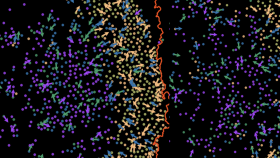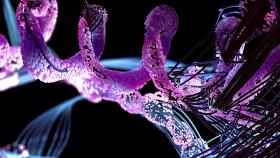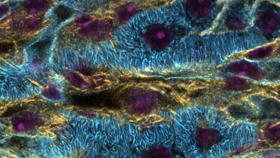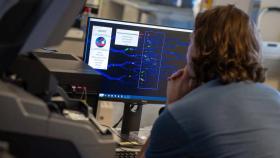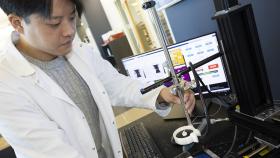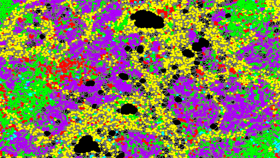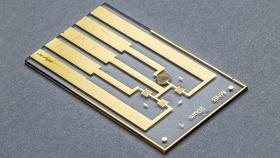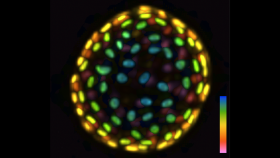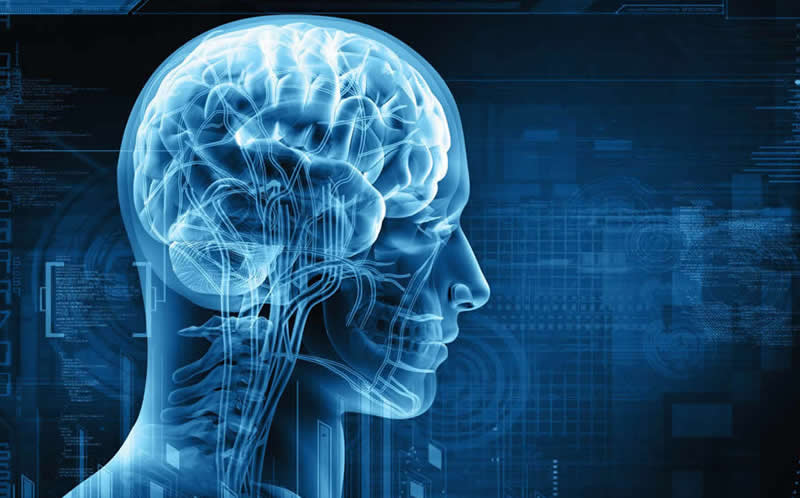
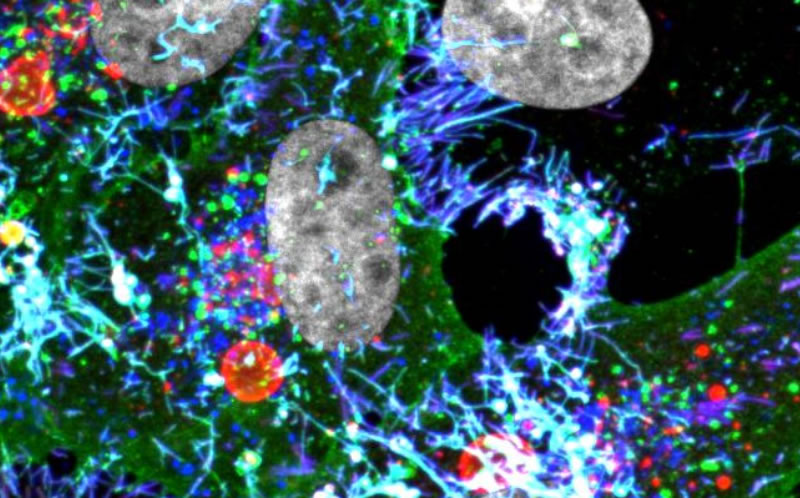
Biomedical Imaging and Instrumentation
The biomedical imaging and instrumentation research focus area is centered on developing and evaluating new imaging methods and approaches, encompassing device and system development, novel methods of signal acquisition and reconstruction, synthesis of imaging contrast and therapeutic agents, algorithm design, and image processing and computational analysis. Core research areas include ultrasound, MRI, optical imaging, PET, functional and molecular probes, advanced image analysis methods, and clinical decision support. Biomedical imaging and instrumentation research acts as a bridge between the engineering work at Georgia Tech and the basic science and clinical studies at Emory. Much of our work is translational, with applications to cardiovascular disease, cancer, neuroimaging, image-guided interventions, immunotherapy, histopathology, and more.
Core Competencies
- Instrumentation, architecture and design of imaging systems
- Diagnostic imaging and image-guided therapy
- Imaging physics, signal acquisition and image processing/reconstruction
- Imaging modalities including MRI, optics, ultrasound
- Imaging physics, signal acquisition and image processing/reconstruction
- Imaging contrast agents, theranostic agents, molecular probes and targets
- Integrated multimodal imaging and multi-scale imaging
- Advanced methods for image analysis, modeling, data science and informatics
Latest News on Biomedical Imaging and Instrumentation research
New technology can transform the way scientists view and interpret microscopic images
Georgia Tech, Emory team creates open-source tool that lets researchers use artificial intelligence to analyze moving and still images collected by any imaging device
Algorithm-controlled focused ultrasound system uses microbubbles to open a pathway for a powerful immunotherapy to reach brain tumors
The approach is simple, cheap, and even can quantify antibody levels in the body
Primary Faculty

